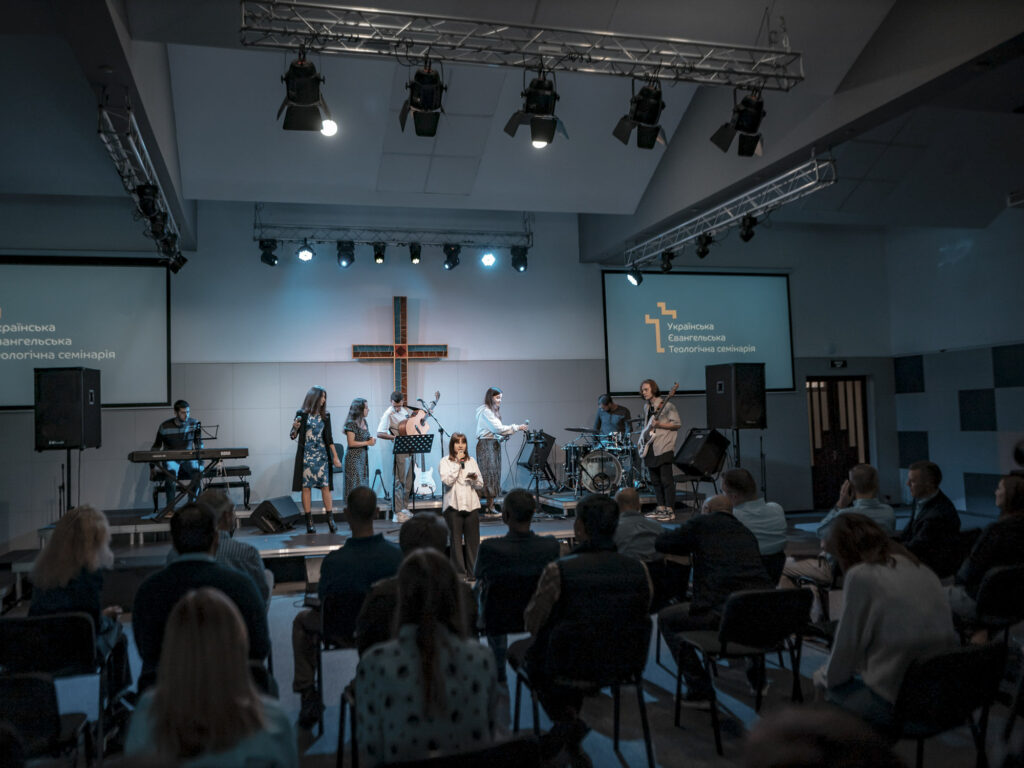
Applied Theology. On Campus/Hybrid Learning Program
Bachelor's degree. The program is licensed by the Ministry of Education and Science of Ukraine.
The Program is accredited by the European Council for Theological Education.

Bachelor's degree. The program is licensed by the Ministry of Education and Science of Ukraine.
The Program is accredited by the European Council for Theological Education.

To equip Christians with necessary knowledge and skills in the fields of theology, Bible studies and holistic mission. Christians are actively involved in various ministries, doing God's mission in the context of their local churches and society.




There are 7 Steps to Take


The online account in the USEDE database allows applicants to submit applications and documents for admission to higher education institutions in electronic form. The registration of applicants' electronic accounts begins on 1 July. Applications and documents will be accepted from 19 to 31 July.
Please follow the link for more details
When registering for your online account, attach a motivation letter to your application. The text of the letter should be written or pasted into a special box in the section "Submitting applications for admission". For the requirements for writing and formatting a motivation letter, see the document "Rules for Admission to the Ukrainian Evangelical Theological Seminary", which is available below on this page.

To participate in the interview, please register through the applicant's online acoount at USEDE website. Registration will take place from 3 to 25 July. Interviews will take place from 7 to 31 July.


You will need two references. Please send the link to your local church pastor and your ministry supervisor to fill out a reference for you.
Recommendation from a pastor or ministry leader
We will receive the lists of applicants recommended for admission using the USEDE database and publish them on the UETS website after 9 August. You can also find out whether you have been recommended for admission in your electronic cabinet.